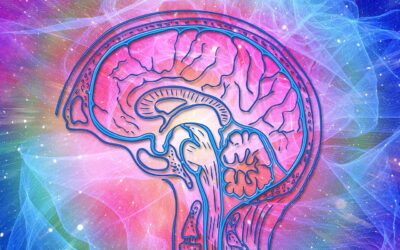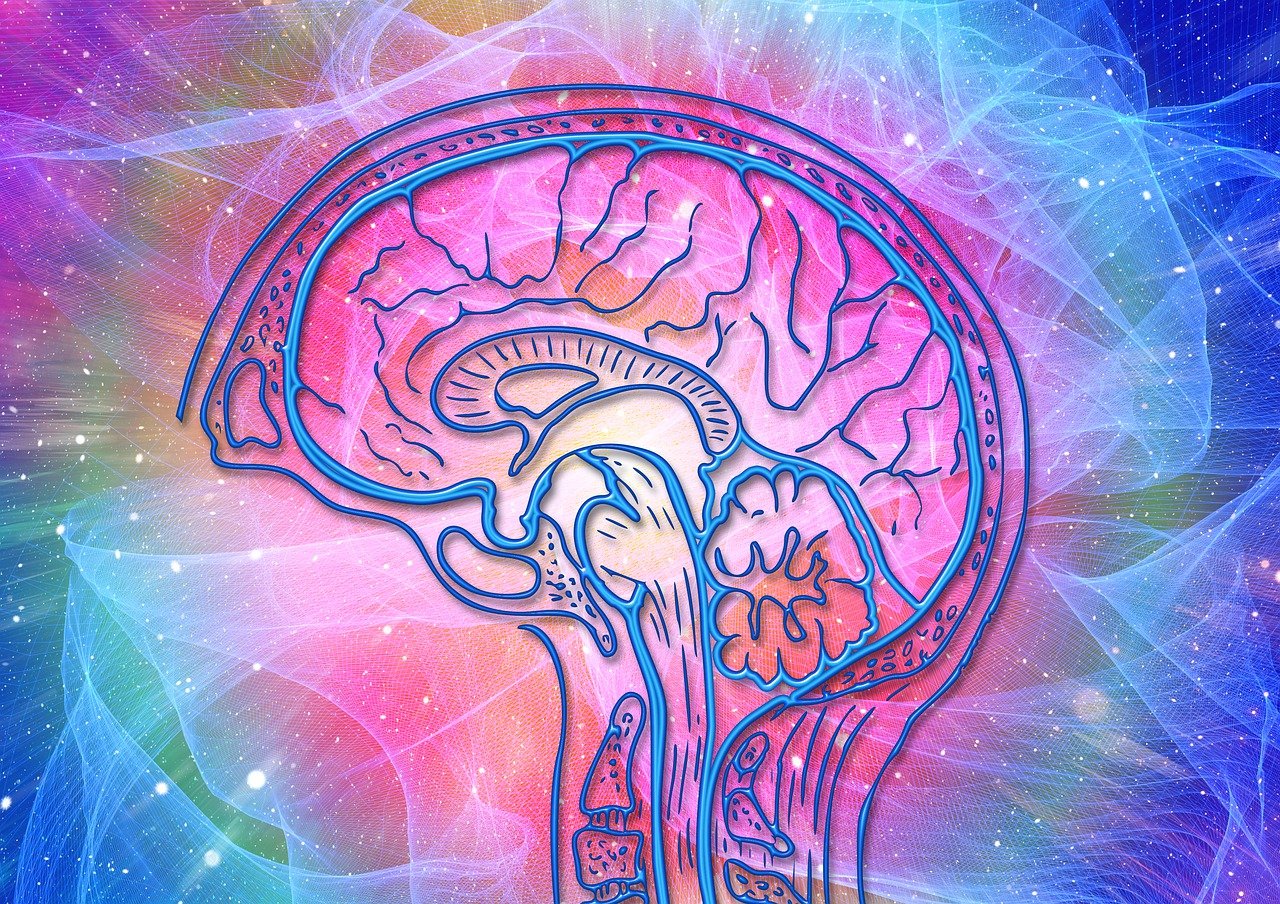AI Ethics: When Machines Face Moral Crossroads

As artificial intelligence (AI) continues to evolve, its growing influence raises significant ethical concerns. AI systems are now making decisions that affect millions of people, from healthcare diagnoses to hiring processes. These advancements lead to a critical question: How do we ensure that machines make ethical choices when they reach moral crossroads? Addressing AI ethics requires careful thought and deliberate action to prevent harmful consequences and ensure technology serves the greater good.
The Importance of AI Ethics in a Digital World
The rapid expansion of AI into everyday life underscores the urgent need for ethical guidelines. AI tools can streamline operations and improve decision-making across sectors, but they also pose risks when applied without ethical oversight. When machines encounter situations involving justice, privacy, or fairness, they may lack the nuanced human understanding needed to navigate complex ethical dilemmas.
At its core, AI ethics is about creating systems that reflect human values while minimizing harm. It’s not just a technical problem but a societal one that asks us to balance the promise of AI with the responsibility to protect individual rights and well-being. Ensuring ethical AI involves tackling issues like bias, transparency, accountability, and the broader implications of machine-based decisions.
The Challenge of Bias in AI Decision-Making
One of the most pressing issues in AI ethics is the potential for bias. AI systems learn from data, which means that any bias present in the training data can be absorbed and amplified by the machine. This can lead to unfair outcomes, particularly in sensitive areas like criminal justice, credit scoring, and job recruitment.
For example, an AI used in hiring might favor candidates who match patterns of previous successful employees, inadvertently discriminating against underrepresented groups. In criminal justice, biased data could lead to AI systems disproportionately targeting minorities for surveillance or harsher sentencing. This raises serious ethical concerns, as decisions made by AI can significantly impact people’s lives.
Addressing bias requires more than just technological fixes; it demands thoughtful consideration of how data is collected, processed, and applied. It also involves actively seeking diverse perspectives in the development of AI systems to mitigate the risk of perpetuating inequality.
Transparency: Making AI’s Decision-Making Process Clear
Another ethical challenge is transparency, or the ability to understand how an AI system makes decisions. Many AI systems, especially those using deep learning techniques, operate as “black boxes.” They can analyze vast amounts of data and produce accurate results, but the reasoning behind their decisions remains opaque.
This lack of transparency is particularly problematic in fields like healthcare, where doctors and patients need to trust AI-driven diagnoses or treatment plans. Without clear reasoning, it becomes difficult to question or verify the machine’s conclusions, leading to ethical dilemmas when those decisions have life-altering consequences.
Ensuring transparency in AI requires developing models that are not only effective but also interpretable. Users should be able to understand why a system made a specific decision, especially in high-stakes environments. Building trust in AI depends on making these systems more transparent and ensuring that they can be scrutinized and held accountable.
Accountability: Who is Responsible When AI Goes Wrong?
With AI systems making increasingly autonomous decisions, the question of accountability becomes critical. If an AI-driven car causes an accident, or an algorithm discriminates against certain job applicants, who is responsible? Is it the developers who created the system, the organizations that deployed it, or the AI itself?
Establishing accountability is complex because AI operates within a web of stakeholders, each contributing to its development and use. However, ethical AI requires clear lines of responsibility. Developers must ensure that their systems are safe and reliable, while organizations using AI should monitor their impact and make adjustments as necessary.
Legal frameworks are beginning to evolve to address these issues, but they lag behind technological advances. As AI continues to influence critical sectors, including healthcare, finance, and law enforcement, ensuring accountability will require ongoing collaboration between technologists, regulators, and ethicists to create clear standards for responsible AI use.
Privacy Concerns in the Age of AI
AI’s ability to analyze and learn from large datasets has raised privacy concerns, especially as personal data becomes a valuable resource for companies and governments. AI systems often require access to sensitive information—such as medical records, financial histories, or browsing behaviors—to function effectively. While this can lead to better, more personalized services, it also creates risks for data misuse and breaches.
The ethical issue here is one of consent and control. People may not always be aware of how their data is being used or who has access to it. Furthermore, once data is processed by an AI, it can be difficult to retrieve or remove, raising concerns about long-term privacy and the ability to manage personal information.
To address these challenges, ethical AI must prioritize data protection and user consent. AI developers and organizations should adopt privacy-by-design principles, ensuring that systems are built with safeguards to protect personal information from the outset. This includes giving users more control over their data and creating robust security measures to prevent unauthorized access.
The Broader Societal Impact of AI: Job Displacement and Inequality
Beyond individual ethical concerns, AI also has broader societal implications, particularly in the areas of employment and economic inequality. As AI continues to automate tasks, there is growing concern that it will displace workers, particularly in industries like manufacturing, transportation, and retail. While automation can increase productivity, it can also widen economic disparities if large segments of the workforce are left behind.
The ethical dilemma here revolves around the responsibility to manage AI’s impact on employment. How do we ensure that AI-driven progress doesn’t come at the expense of people’s livelihoods? This question extends beyond technical development to public policy and corporate responsibility, requiring coordinated efforts to retrain workers and create new opportunities in an AI-driven economy.
Ethical AI must consider the long-term societal impact and work toward solutions that promote inclusion and opportunity. This may involve policy interventions, such as investing in education and job retraining programs, or encouraging companies to adopt AI in ways that complement human labor rather than replace it.
The Ethical Crossroads of AI
As AI systems become more integrated into society, they will inevitably face moral crossroads where their decisions carry ethical weight. Ensuring that these systems make ethical choices is not just about programming algorithms—it’s about understanding the values we want these machines to uphold.
Creating ethical AI requires a collaborative approach. Policymakers, technologists, ethicists, and the public must work together to establish guidelines that prioritize fairness, transparency, and accountability. While AI offers remarkable potential to improve lives, it must be guided by ethical principles that safeguard human dignity, rights, and well-being.
The path forward lies in developing not only smarter machines but also wiser practices for deploying them. By embedding ethics into the core of AI development, we can ensure that these technologies serve humanity’s best interests, even when they face difficult decisions.









